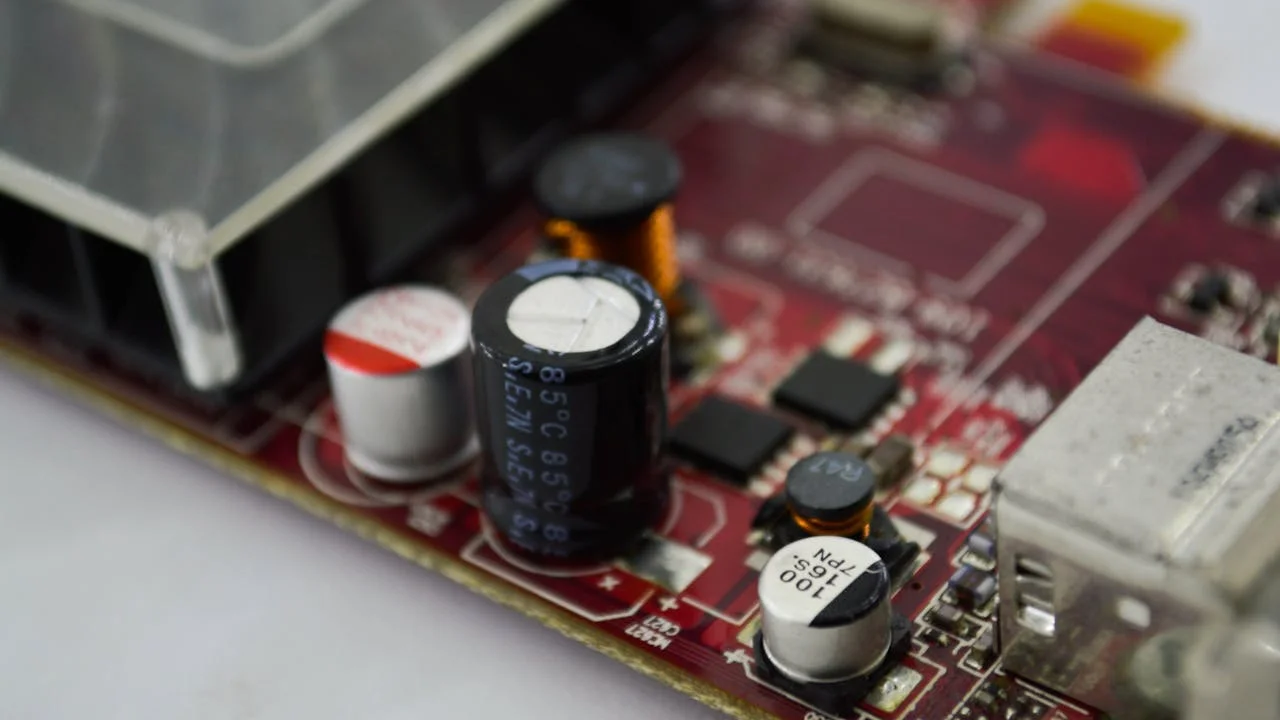
Stratus Materials Inc. has reached a significant milestone in the development of its first-generation LXMO cathode active materials (CAMs) for lithium-ion batteries, aimed at electric vehicle (EV) applications. The company announced that pouch cells containing LXMO have successfully surpassed 1,000 full deep discharge cycles while retaining over 80% of their initial capacity. This achievement marks a crucial advancement in the EV battery industry’s quest for durable and efficient battery materials.
The cells used in testing were manufactured by a third party, employing standard cell and electrode designs with natural graphite anodes and industry-standard electrolyte compositions, complemented by Stratus’ innovative cathode materials. At the 1,000-cycle mark, these cells demonstrated an impressive capacity retention of 82-86% and are projected to maintain 80% capacity after more than 1,200 cycles. Moreover, the average discharge voltage of the cells remained stable at around 97%, indicating minimal degradation from the initial value. These performance metrics highlight the superior energy retention capabilities of Stratus’ CAMs compared to current commercial materials.
“This achievement underscores our proprietary materials’ ability to meet the demanding durability requirements of the electric vehicle industry,” remarked Jay Whitacre, CEO and CTO of Stratus Materials, also a professor at Carnegie Mellon University. “We believe this is a groundbreaking result in terms of voltage stability for this type of material. Moving forward, we are eager to leverage these strong technical outcomes as we advance towards commercialization and scale production in the coming quarters.”
Stratus’ products fall within the lithium-rich, manganese-rich (LMR) category of cathode active materials, which have garnered significant interest from the EV and battery sectors due to their promising attributes such as high energy density, cost-effectiveness, and enhanced safety profiles. Despite over two decades of global development, widespread commercial adoption of LMR has been hindered by persistent technical challenges, particularly concerning voltage and capacity stability. Stratus Materials remains committed to pioneering the first commercially viable LMR-grade cathode active materials suitable for large-scale deployment.
Scott Pearson, President and Chief Commercial Officer, expressed enthusiasm about the performance of their LXMO material: “We are thrilled with the exceptional durability exhibited by our first-generation LXMO material in EV batteries, coupled with its substantial advantages over existing alternatives. We see this as a pivotal demonstration of our capabilities to potential industry partners and customers.”
Currently, Stratus manufactures its materials at a pilot production line in Pittsburgh, Pennsylvania, and is engaged in sampling activities with leading companies in the EV and EV battery sectors. As part of its growth strategy, the company plans to ramp up production from pre-pilot to pilot scale by late 2024, positioning itself to meet increasing market demand for advanced battery materials.







